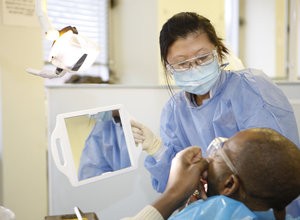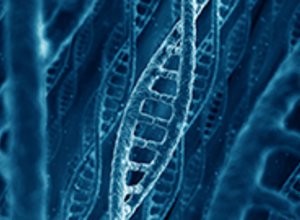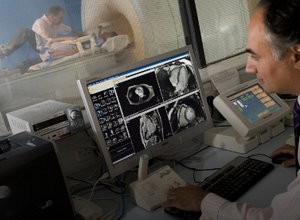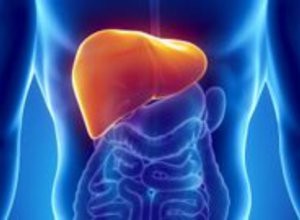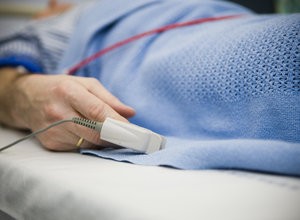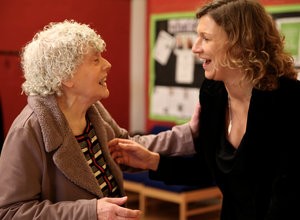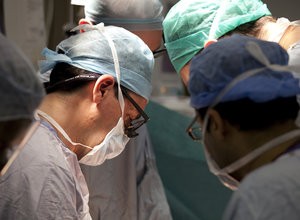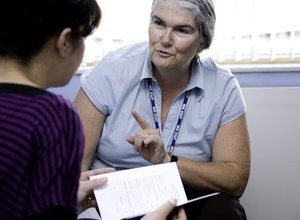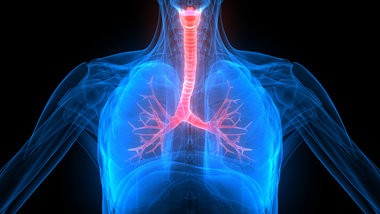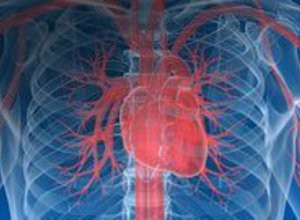
KHP priorities supported by the CAGs:
- personalised medicine;
- digital and data sciences;
- population health;
- underpinned by a mind & body approach
The Cardiovascular and Respiratory and allergy CAGs are supported by the Cardiovascular and Respiratory Partnership Programme, to be a world-leading collaboration: building on the expertise of all our partners in heart, lung and critical care, to deliver the best outcomes for patients through pioneering care, research and education.
Being known as the best place:
- to be cared for - by delivering the best outcomes for patients, wherever they receive care, improving health and wellbeing of patients throughout their lifetime;
- to work, learn and develop careers - by attracting and supporting the best staff and influencing international practice;
- for academic and industry partners to work with - by leading ground-breaking research to meet population health needs
CAGs centre on building collaboration by working across clinical and academic boundaries, as well as between organisations, bringing together partners across academia and the NHS. A partnership approach is key to their success with contributions to infrastructure requirements, large grants, and also commercial partnerships.
The Cardiovascular CAG was refreshed in November 2023 with new leadership arrangements, and aims to bring together the combined academic strength of the partner organisations to deliver translational research that improves clinical outcomes for patients and populations.
The three current Cardiovascular CAG Co-Leads (details linked below) have been working together to support integration across a range of academic and clinical spaces and have provided governance and guidance for joint working between Guy’s, St Thomas’, Royal Brompton, Harefield, King’s College Hospitals and King’s College London.
The CAG has delivered several successful initiatives to date. These includes the multi-disciplinary Cardiovascular Research Conferences which bring together colleagues from across the workforce to learn about ongoing research and clinical successes; short course development; and bringing together clinical and operational teams from across cardiovascular specialities to create the foundations for the ongoing journey towards working as ‘one team, across multiple sites.’
Prof Phil MacCarthy MBChB, BSc, PhD, FRCP
Professor Phillip MacCarthy is an Interventional Consultant Cardiologist and the Clinical Director for Cardiac Services at King’s College Hospital. He performs invasive investigations and therapeutic procedures which include coronary angiography, angioplasty and stenting. These are done both electively and urgently. He oversees the King’s Primary PCI programme for the emergency treatment of ST-elevation MI which is done 24/7 for the population of South East London. He is also the lead for the world-renowned trans-catheter aortic valve (TAVI) programme at King’s.
His undergraduate training was at Bristol University Medical School; he trained at Oxford in general medicine and cardiology and then went on to complete general cardiology training at the University Hospital of Wales in Cardiff. Following his PhD in endothelial function, Prof MacCarthy moved to King’s to specialise in interventional cardiology and was appointed Professor of Interventional Cardiology at King’s College London in 2014.
Research interests
- Structural heart interventions, in particular trans-catheter aortic valve implantation (TAVI) and PFO/ASD device closure
- Coronary physiology and the use of the intra-coronary pressure wirePrimary PCI for STEMI
Prof Bijan Modarai MBBS, PhD, FRCS
Professor Bijan Modarai is a consultant vascular and endovascular surgeon at Guy's and St Thomas' NHS Foundation Trust, a Senior Lecturer in Vascular Surgery at KCL. He has co-managed the largest UK practice in complex (branched and fenestrated) endovascular aortic repairs.
He is a Council member of the British Society for Endovascular Therapy and the Society of Academic and Research Surgery, as well as examines for the Fellowship of European Board of Vascular Surgery. He was also the co-lead for the GSTT/KCL Biomedical Research Centre School of Translational and Experimental Medicine (STEM). He is also a member of the London Vascular Specialist Training Committee.
Research interests
Bijan is currently funded by the British Heart Foundation to direct a programme of research aimed at developing novel therapeutic, diagnostic and preventative strategies for patients with critical limb ischaemia.
His research programme, in partnership with national and international collaborators, focuses on:
- angiogenesis in tissue remodelling
- angiogenic cell therapies
- the use of biomaterials to enhance cell therapy
- novel imaging techniques applied to vascular disease
Prof Tom Lüscher MD PhD FRCP
Professor Tom Lüscher studied medicine at the University of Zurich and obtained board certification in internal medicine and cardiology in Switzerland and is GMC certified in the UK.
He then went on to a position as an interventional cardiologist and Professor of Cardiology at the University of Berne, and then as Professor and Chairman of Cardiology Director of the University Heart Centre at University Hospital Zurich and Director of the Centre of Molecular Cardiology at the University of Zurich, Switzerland.
Research interests
Professor Lüscher has a vast selection of research interests within cardiology. These include:
- vascular disease
- the role of endothelium-derived mediators in the regulation of vascular tone and structure
- platelet-vessel wall interactions
- coagulation in ageing
- hypertension
- lipid disorders
- atherosclerosis
- inflammation
- heart disease
- acute coronary syndromes.
The Cardiovascular CAG is focusing on a number of priority areas:
Clinical academic subgroups
The CAG supports clinical academic teams who subspecialise in different disease areas to increase capability and collaboration. Our current subgroups have been selected for their ability to contribute to cutting-edge strategic questions emerging from clinical specialties, to deliver better outcomes for patients. These include:
- Aortovascular disease
Area of focus: Development of a British Heart Foundation grant application examining the link between heart and brain calcification. This project involves close collaboration with neurology and will employ the COGSTACK system to perform retrospective analysis of patient records.
- Inherited Cardiac Conditions (ICC) & Heart Function
Area of focus: Developing a community of practice through themed meetings on areas of common interest, including cross-site R&D processes, genetics implementation and the use of routine EHR data for research. The group supports a developing ICC-themed PG Cert programme with KCL.
- Structural Intervention
Area of focus: Supporting the CAG’s mission of developing the next generation of clinical academic leaders. The subgroup has secured funding for a senior lecturer position (School of Biomedical Engineering and Imaging Sciences) via the Royal Brompton and Harefield Hospitals Charity, with matched funding from the directorate).
The Cardiovascular CAG has also been pivotal in helping build capacity and capability for staff by increasing opportunities for colleagues to learn, share expertise, make new connections, and develop their careers. For example, we have supported:
- 10 Cardiovascular Research Conferences since June 2023 with more than 400 attendees;
- 11 Clinical Academic Posts by supporting recruitment and job planning;
- 8 early career researchers with bridging funding to support development of fellowship applications;
- 3 intermediate fellowships in Inherited cardiac conditions;
- 2 rotational training posts across electrophysiology;
- £700k bid to the Centre for Translational Medicine to support a KHP wide cardiovascular tissue biobank.
KHP wide cardiovascular tissue biobank: An essential resource to unlock clinical translation
- The Cardiovascular CAG supports the development of a cardiovascular tissue biobank that will enable investigators on all sites to carry out innovative research with large cohorts of patients and answer key clinical questions to enhance the delivery of care and improve population health.
The CAG is supporting the development of clinical registries to enable data-driven research approaches. We will leverage the scale of our combined patient cohorts to create unique data sets enabling us to answer keys questions needed to improve our care to the most at-need patient populations.






